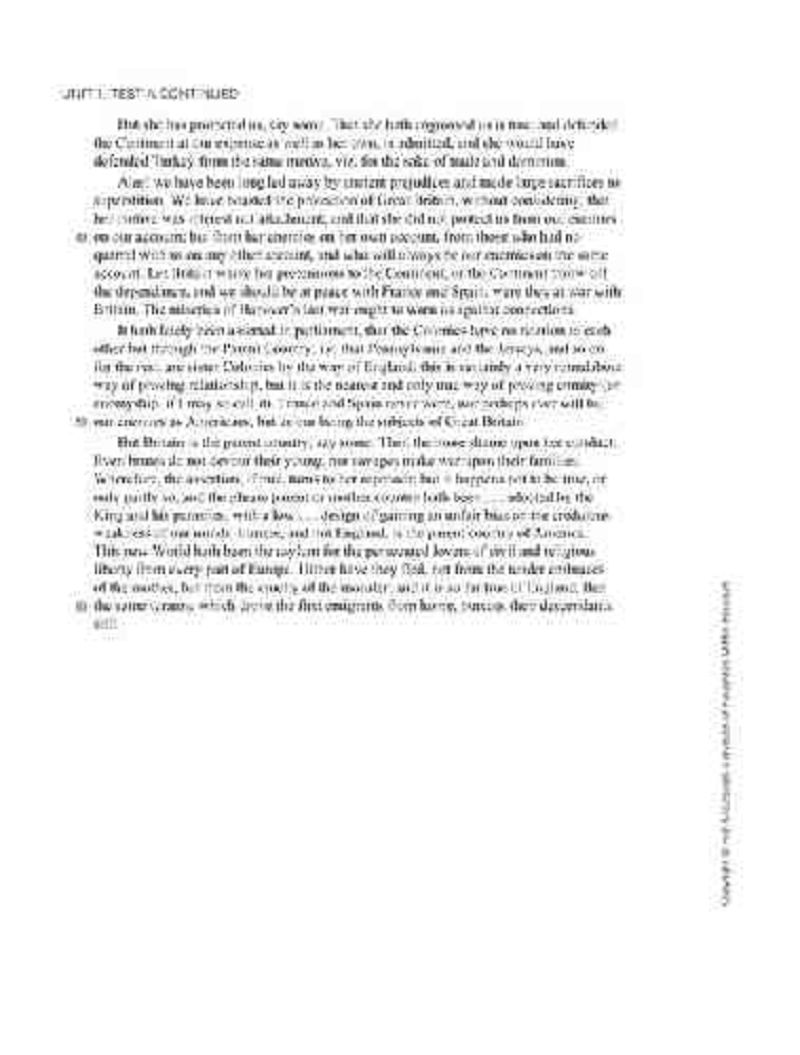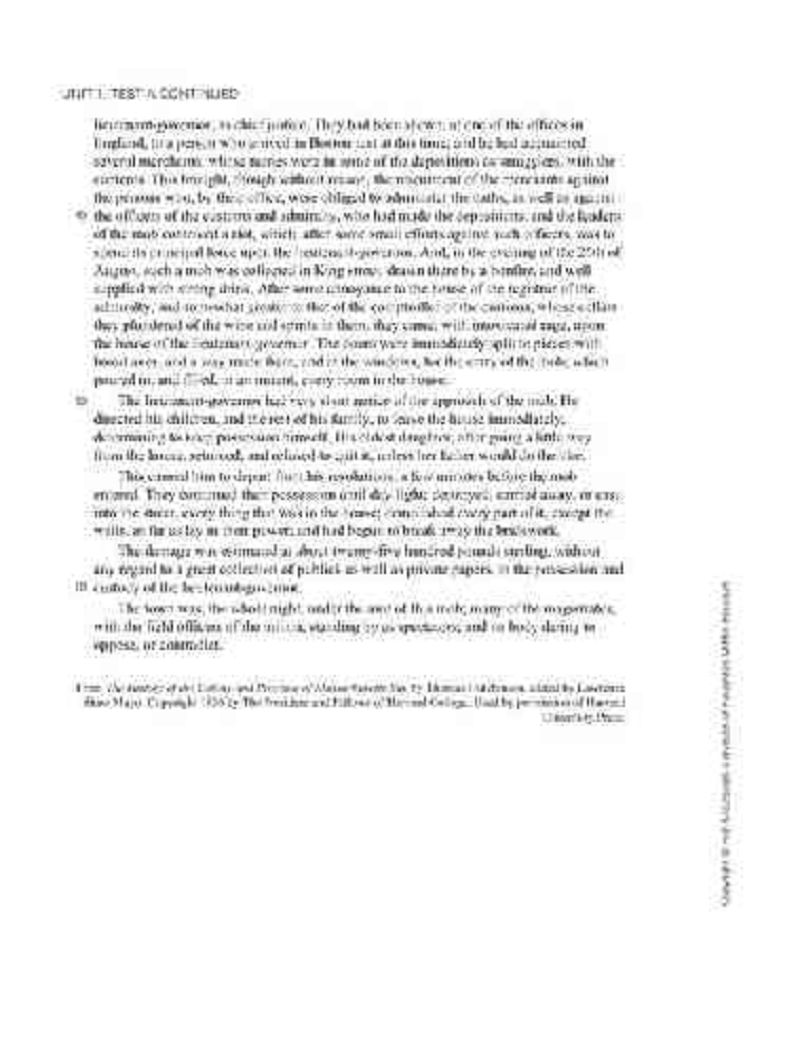Semester Test Review
{"name":"Semester Test Review", "url":"https://www.quiz-maker.com/QPREVIEW","txt":"Prepare yourself for a comprehensive review with our Semester Test Review Quiz! This engaging quiz features 31 thought-provoking questions that test your understanding of key historical texts, including Thomas Paine's \"Common Sense\" and accounts from The History of the Colony and Province of Massachusetts Bay.Take this opportunity to deepen your knowledge and ensure you're ready for your semester exams. Key features include:Multiple choice and descriptive questionsInsight into historical contexts and literary techniquesDesigned for students looking to enhance their learning experience","img":"https:/images/course6.png"}
More Quizzes
Constitution Day Quiz
840
The First and Second Continental Congress
1587
Steering #2
1169
Keliaujame po Trakus virtualiai - Angelų kalva!
1050
1974 Trivia - How Much Do You Remember?
201019046
Which Jonas Brother Are You? Free Personality
201017355
Where Am I From - We'll Guess Your Country (Free)
201016918
GirlsGoGames - Test Your Knowledge of the Games
201019046
Bollywood Actress - Name the Legendary Stars
201018719
Which Breaking Bad Character Are You? Free Personality
201016568
Free Home Hygiene: How Clean Is Your House?
201017895
How Feminist Are You - Free Online Assessment
201017755




